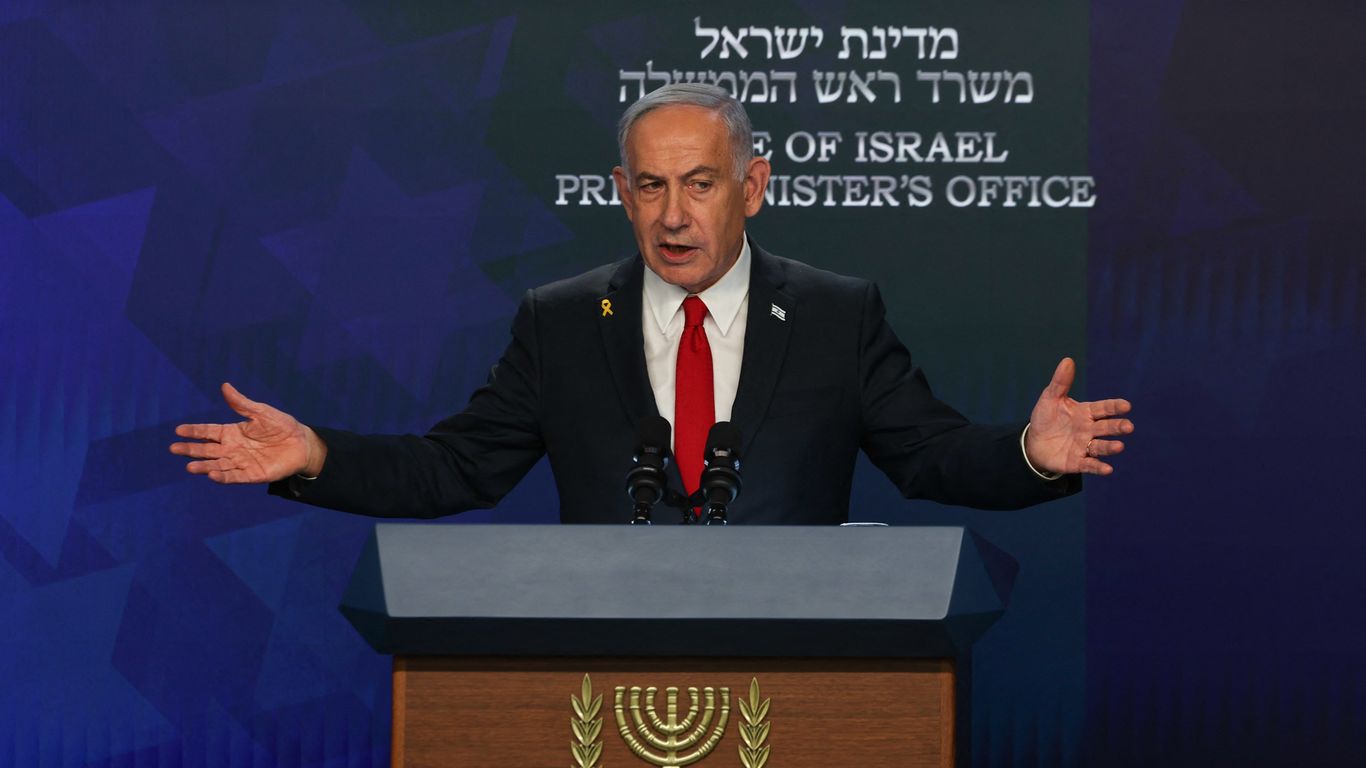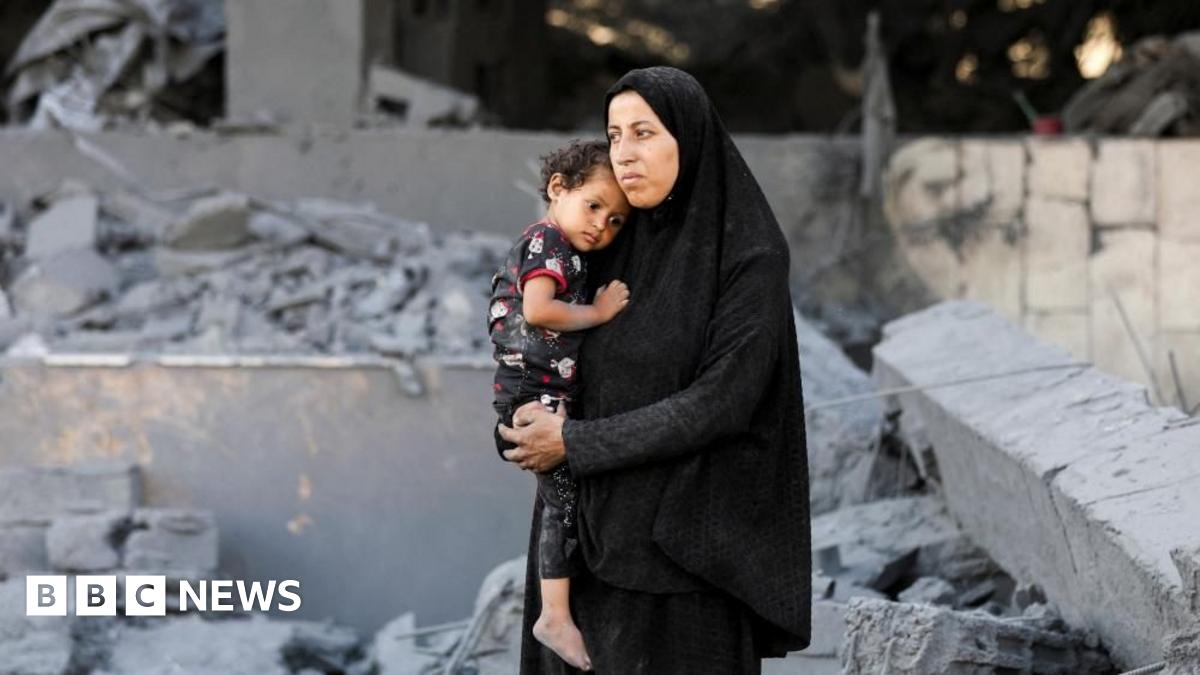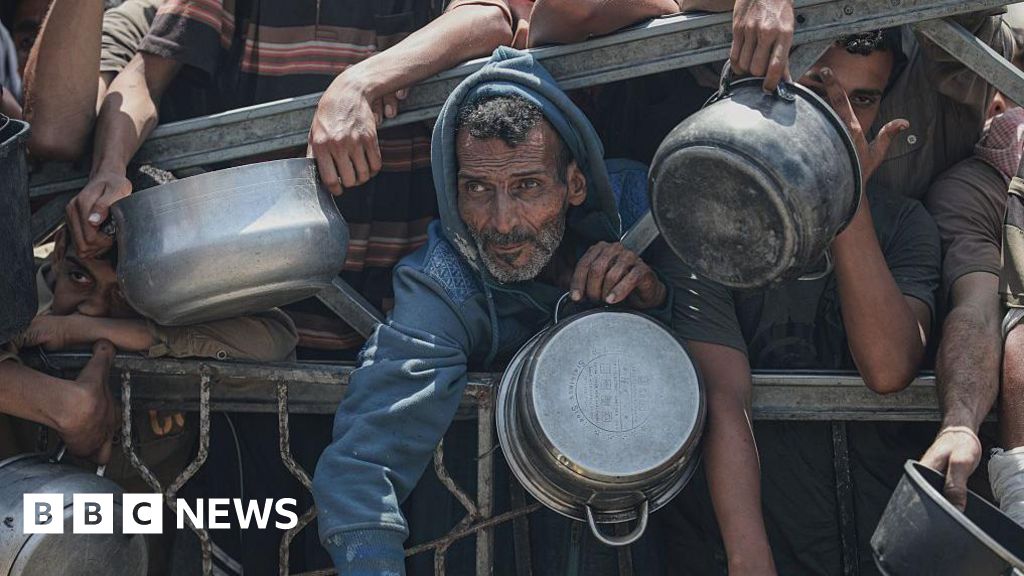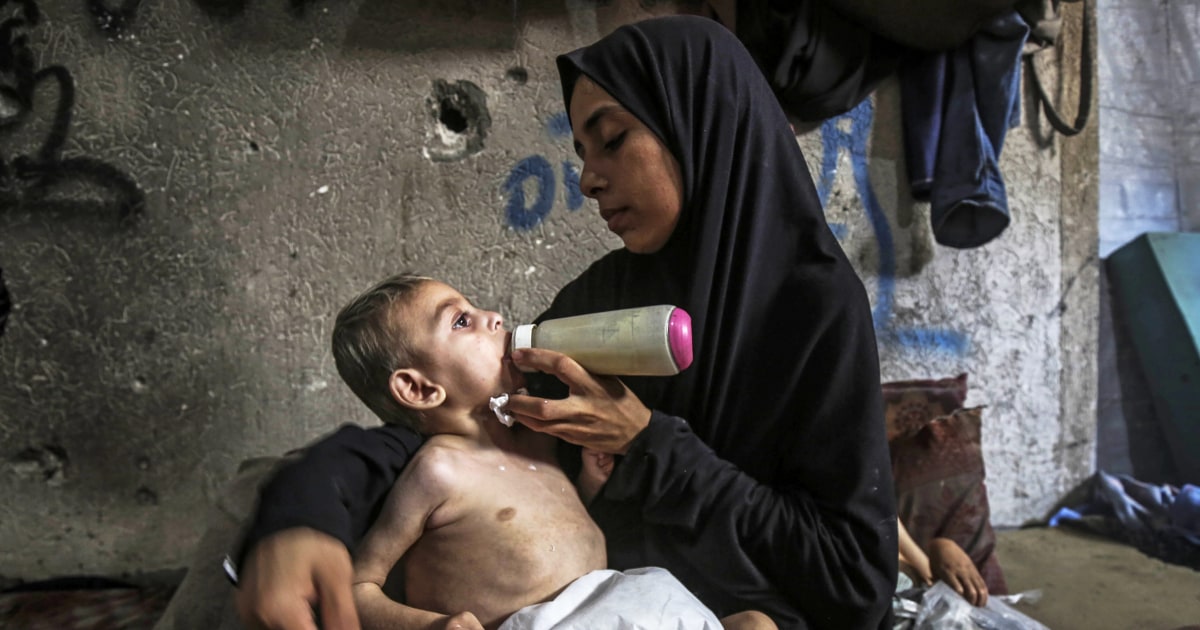Targeting Journalists in Gaza: Israel's Smear Campaign
Introduction
In a tragic turn of events, Israel has once again targeted and killed a journalist in Gaza. This time, the victim was Al Jazeera correspondent Anas al-Sharif, who had been reporting on the dire situation in the region. This attack occurred as al-Sharif and others sought shelter outside a Gaza City hospital. Sadly, this is not the first time that journalists have been targeted and killed in the ongoing conflict between Israel and Palestine. Press advocates have spoken out against the Israeli "smear campaign" aimed at discrediting and silencing journalists who report on the harsh realities faced by Palestinians.
Key Details
The recent airstrike on al-Sharif and his colleagues is just one example of the dangers that journalists face in Gaza. In addition to being targeted by military attacks, they also face harassment and censorship from both Israeli and Palestinian authorities. The Israeli government has been accused of using tactics such as withholding press credentials and denying entry to foreign journalists in order to control the narrative of the conflict. This has led to a lack of accurate and unbiased reporting on the situation in Gaza, leaving many unaware of the true extent of the violence and suffering.
Impact
The death of Anas al-Sharif and other journalists in Gaza has a profound impact not only on their families and colleagues, but also on the world's understanding of the conflict. Without media coverage
About the People Mentioned
Anas al-Sharif
Anas Al-Sharif (1996–2025) was a Palestinian journalist and videographer born in Jabalia refugee camp, northern Gaza. He graduated from Al-Aqsa University with a degree in mass communication, specializing in radio and television. Starting as a volunteer photographer and journalist for local Palestinian media, Al-Sharif later became a correspondent for Al Jazeera Arabic in northern Gaza, joining the network in November 2023[1][2]. Known for his fearless frontline coverage, he reported extensively on the Israeli-Palestinian conflict, particularly during the ongoing war in Gaza. His work included documenting Israeli military actions and alleged war crimes, often using social media to amplify Palestinian voices and reveal humanitarian crises[1][2][4]. His reporting earned him recognition such as the Best Young Journalist Award in Palestine in 2018 and the Amnesty International Australia Human Rights Defender Award in 2024[1][5]. Due to his journalistic activities and critical coverage, Al-Sharif and his family faced repeated threats. In December 2023, his father was killed in an Israeli airstrike targeting their family home. By late 2024, he was subjected to targeted public threats and smear campaigns by Israeli officials and military spokespeople[1]. On August 10, 2025, Anas Al-Sharif was killed alongside five other journalists in an Israeli Defense Forces airstrike on a tent near Al-Shifa Hospital in Gaza City. Prior to his death, he posted a final message expressing his commitment to truth-telling despite the risks and lamenting the ongoing suffering of the Palestinian people[1][2][3]. He left behind his wife, Bayan, and two young children[3]. Al-Sharif is remembered for his courageous dedication to documenting the realities of Gaza under siege, embodying the risks faced by journalists in conflict zones and symbolizing the human cost of the conflict[3][4].
About the Organizations Mentioned
Al Jazeera
## Overview Al Jazeera Media Network is a globally recognized Qatari-funded media conglomerate headquartered in Doha, Qatar[1][2]. Founded in 1996 by Sheikh Hamad ibn Khalifa Al Thani, the then-emir of Qatar, Al Jazeera began as an Arabic-language news and current affairs satellite channel, quickly establishing itself as a pioneer of uncensored news and debate in the Middle East[3]. Its rapid expansion and willingness to cover controversial topics set it apart from other regional broadcasters, earning it comparisons to global giants like CNN[3]. ## Operations and Reach Today, Al Jazeera operates a vast, multi-platform network that includes several television channels (notably Al Jazeera Arabic and Al Jazeera English), extensive digital properties, and specialized platforms such as AJ+ for younger audiences[2][4]. The network maintains over 70 international bureaus, enabling comprehensive, on-the-ground reporting from every continent, and broadcasts to more than 150 countries with an estimated audience exceeding 430 million people[2][7]. Its newsrooms and production facilities in Doha are among the most advanced in the region, supporting 24/7 global coverage and a multicultural, fast-paced work environment[1]. ## Key Achievements Al Jazeera is renowned for its in-depth, often frontline reporting—particularly in conflict zones such as during the Arab Spring, where its coverage won international acclaim, including a Peabody Award[4]. The network’s Investigative Unit has produced award-winning documentaries on global issues like politics, human rights, and environmental challenges, further cementing its reputation for hard-hitting journalism[4]. Its flagship program, *Opposite Direction*, became famous for hosting heated debates on sensitive topics rarely aired elsewhere in the Arab world[3]. ## Current Status and Notable Aspects Despite being funded in part by the Qatari government—a point of criticism regarding editorial independence, especially for its Arabic service


















